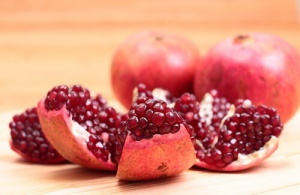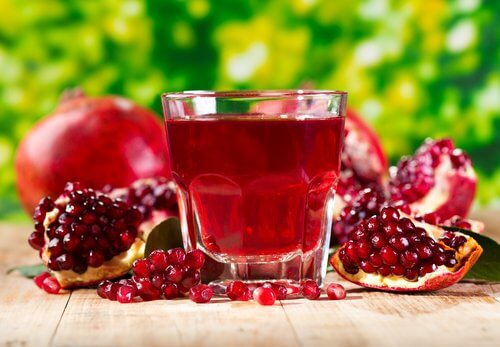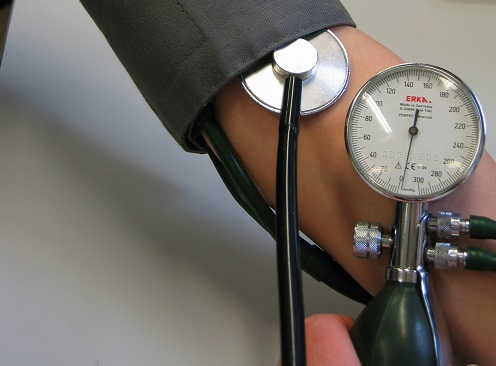How to Help Unclog Your Arteries Naturally

Your arteries are important and delicate. They are necessary for normal everyday body operations and the proper circulation of blood from one organ to another. Thus, it’s important to know what to consume in your everyday life to help unclog your arteries naturally.
What Happens When They Get Clogged?
When your arteries get clogged, they are telling you that some part of your body isn’t working right. What happens is that your arteries are experiencing a reduction in oxygen circulation and blood flow.
Also, during irregular processes, plaque is accumulating in the arteries that surround the heart. This is why it’s not just one artery that requires attention but rather a bigger problem that could damage your cardiac system.
How Help Unclog Your Arteries Naturally?
So the first thing you should know is that if you have a severely clogged artery, you will definitely have to have surgical intervention. Once you know the state of your arteries, it is important that you follow some steps and natural remedies to unclog your arteries naturally. In this article, we will discuss the different ways that you can naturally help unclog your arteries.
Our Alternatives
We have a simple, benign, and common alternative for this case. It is found in something so natural as a fruit’s extract: the pomegranate.
The Power of the Pomegranate
Studies show that pomegranate extract can significantly prevent arteries from clogging or reverse the effects that clogged arteries cause. Pomegranates have their most successful effects on coronary arteries.

What Do Pomegranates Do?
Pomegranate juice has a special value in curing cardiovascular diseases. Its special components and antioxidant and anti-atherosclerotic abilities respond.
Besides their superficial properties, pomegranates have good levels of sugar and they are rich in vitamins A, B, C, and E. On the other hand, if you drink a glass of pomegranate juice you will get 100% of the daily necessary amount of folic acid and half of your daily amount of the vitamins mentioned above. But, the key is in the most important and abundant that it has: potassium.
This element is an active agent that intervenes in maintaining your balance of sodium-potassium. It is also extremely necessary for the transmission and generation of muscular activity and nerve impulses.
You might also like:
Pomegranates: Heart Protector
The nitric oxide in them explains the reason for this. Keep in mind that this oxide is found in small quantities in your body and is linked to muscular relaxation and vasodilation. And it also participates in regulating blood pressure and flow. Therefore, pomegranates protect nitric oxide, which certainly reinforces the fact that they help prevent cardiovascular problems.
What Do I Do?
We recommend drinking a glass of pomegranate juice a day, for at least three months. After this period, you can evaluate the state of your arteries and their improvement. If you don’t see any changes, you should see your doctor.
We recommend you also read:
We Recommend…
Remember that for you to feel well, just drinking pomegranate juice won’t do it. You have to maintain balance in your body. That’s why we recommend that you have a balanced diet and eat more fresh vegetables and fruit. Avoid fa, processed foods, and red meat.
You can also try drinking a glass of carrot juice and take advantage of its properties that are good for circulation. A more simple option is drinking a traditional mixture of lemon and honey every day. The most important part of this process is, besides getting your juices or extracts, to be conscious of what you are eating and your daily activities.
Remember
If your diet and body are in balance, your life and arteries will be as well.
All cited sources were thoroughly reviewed by our team to ensure their quality, reliability, currency, and validity. The bibliography of this article was considered reliable and of academic or scientific accuracy.
- Trexler, Eric T et al. “Effects of pomegranate extract on blood flow and running time to exhaustion” Applied physiology, nutrition, and metabolism = Physiologie appliquee, nutrition et metabolisme vol. 39,9 (2014): 1038-42.
This text is provided for informational purposes only and does not replace consultation with a professional. If in doubt, consult your specialist.









